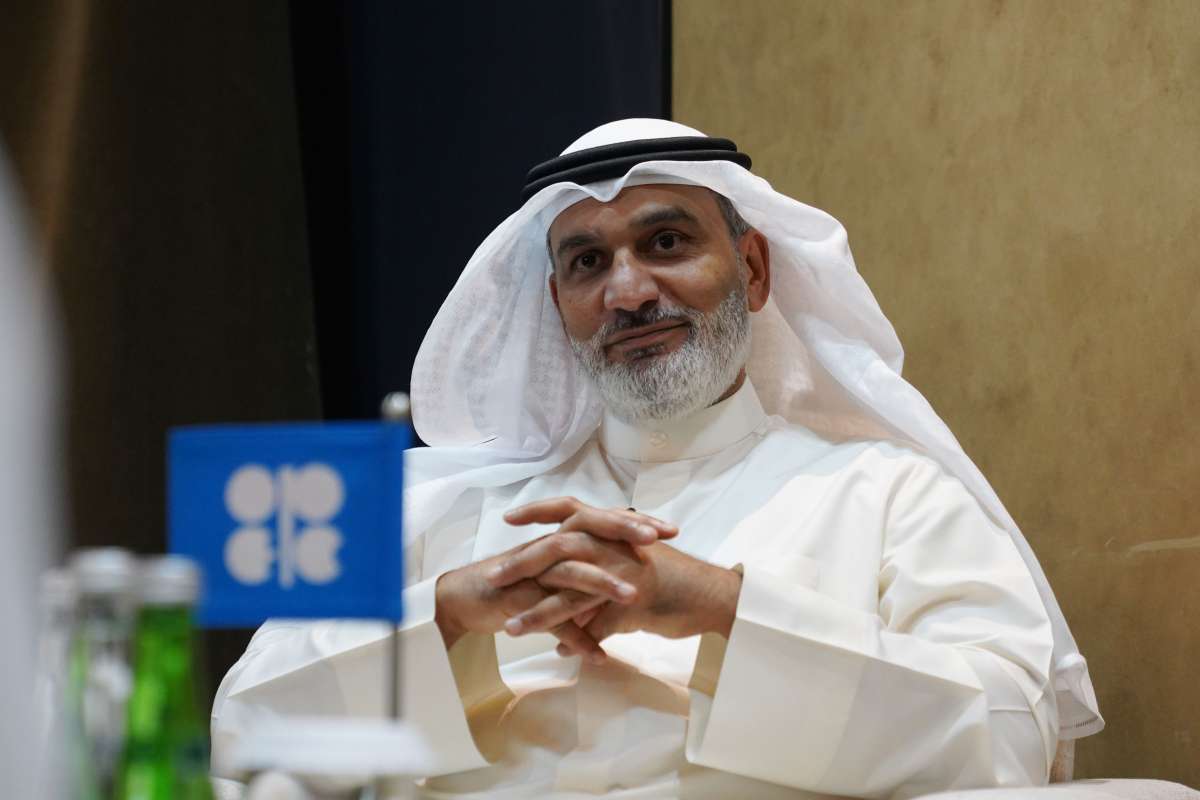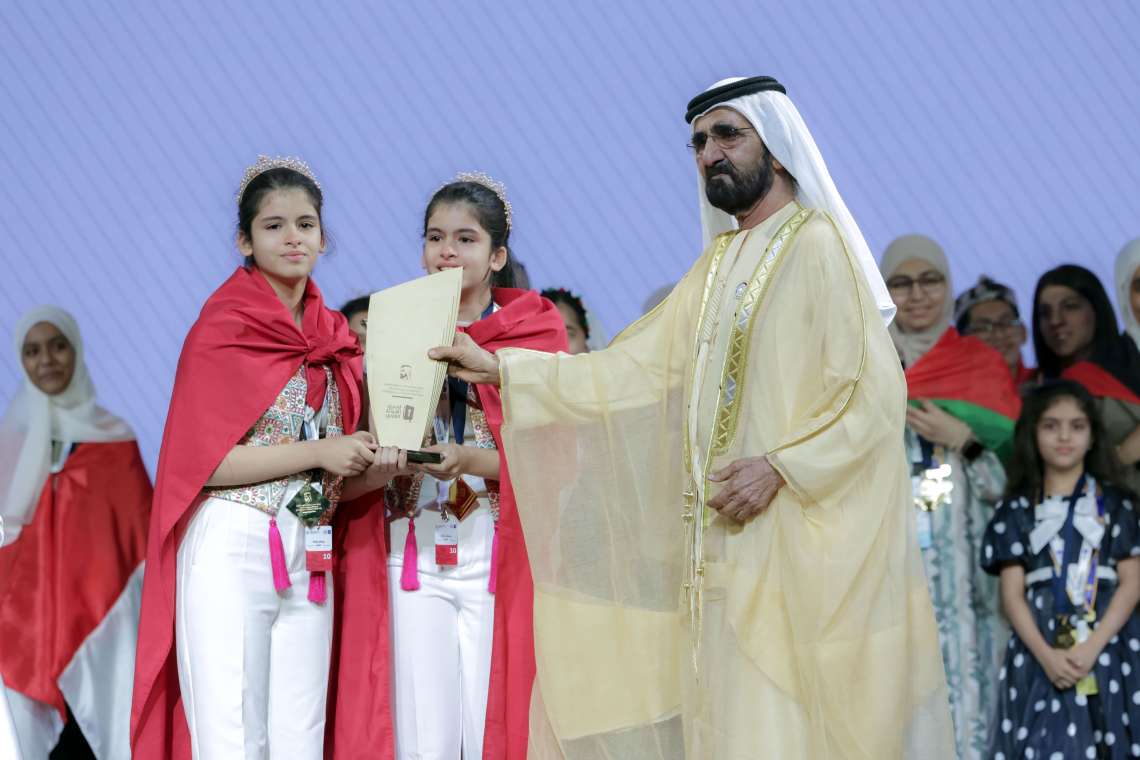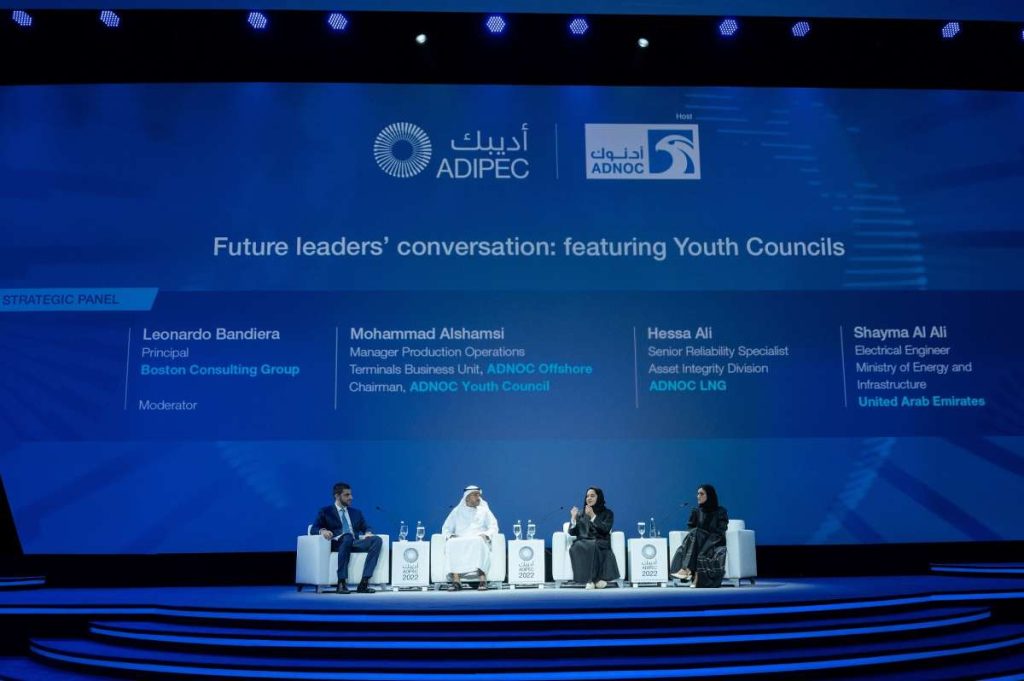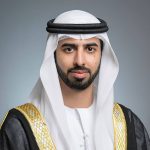Al Ghais described the UAE’s prominent role in the international oil market, highlighting its essential work in production monitoring committees at ministerial and technical levels….reports Asian Lite News
Secretary-General of the Organisation of the Petroleum Exporting Countries (OPEC) Haitham Al Ghais said that the UAE’s policies aimed at ensuring global energy stability underscore its clear vision and key role in being a safe international source of energy and oil supplies, in line with the main objectives of OPEC.
Since joining the organisation the role of the UAE has remained clear: to increase production, maintain economic growth, achieve diversification through other sources, and reduce costs.
In an interview with the Emirates News Agency (WAM), Al Ghais said that the UAE has successfully drafted an ambitious strategy for the energy sector, which will raise its oil production capacity to 5 million barrels per day by 2030. The country is a model for clear plans and mechanisms and their implementation, he added.
The UAE is one of the largest OPEC producers and has attained a significant stature in global energy and oil markets in terms of production, refinery, storage, transport, shipping and petrochemicals. It is also one of the countries witnessing a rapid decrease in oil and gas industry emissions, he further added.
Al Ghais described the UAE’s prominent role in the international oil market, highlighting its essential work in production monitoring committees at ministerial and technical levels.
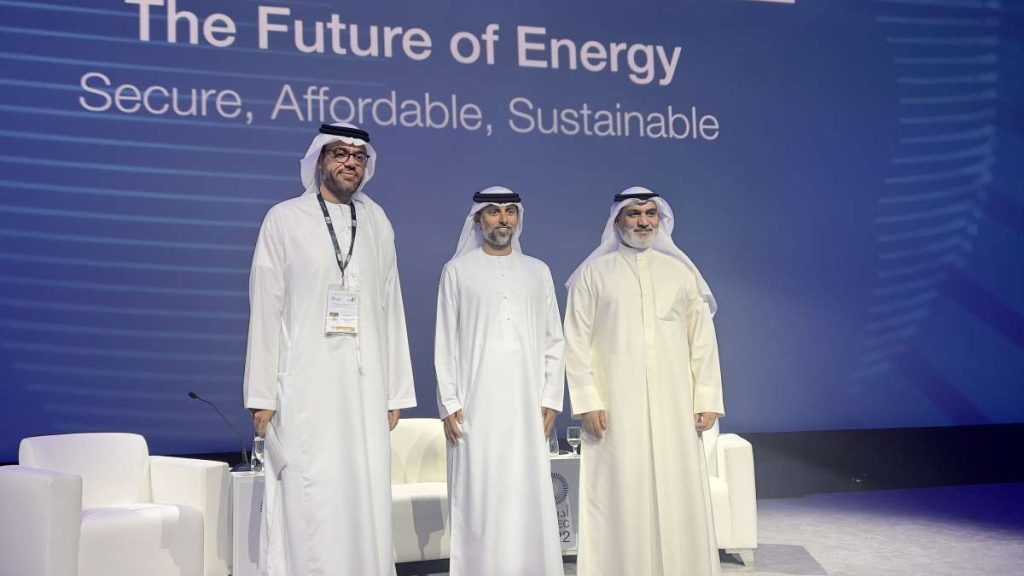
Speaking about his participation in ADIPEC 2022, he congratulated the UAE leadership, government and people for the outstanding organisation of the event, which is something the country is used to.
He highlighted the keenness to participate in this edition of the event with a large delegation from OPEC.
On COP27 in Egypt and COP28 in the UAE, Al Ghais said that OPEC’s vision involves all oil-relevant parties in climate change discussions and engages oil producers and companies in finding solutions for this problem.
He expressed his confidence that the COP27 event in the Arab Republic of Egypt will be a distinguished platform that sheds light on OPEC’s voices. He noted a recent change in the vision of several international institutions concerning energy and climate change. The organisation is proud that the UAE is going to host the COP28 as one of the largest members in OPEC, he added.
Al Ghais said that addressing climate change is not limited to reducing emissions but also involves financing projects, and the solution should involve financing, plans and dialogue.
Speaking about the challenges facing the oil sector, Al Ghais said that among the main challenges are the energy transition and the future of energy, in general, adding that OPEC has adopted a policy that aims at embracing all forms of energy.
The organisation’s research studies have shown that oil will account for 29 percent of the global energy mix in 2045, he added, highlighting another challenge related to investing in the oil sector, as the world requires investments of nearly US$12 trillion in this sector alone.
He then pointed out that a recent issue is the oil market’s volatility and demand-supply unbalance, which led to a significant decline in investments. Investments in oil totalled some $500 million per year but decreased with the price dropped in 2016, leading to a decrease in production capacity.
He also referred to a decline in investments after the COVID-19 pandemic, he added.
On OPEC’s long-term demand-supply predictions, Al Ghais said that the organisation has issued its 16th annual report during the Abu Dhabi International Petroleum Exhibition and Conference (ADIPEC) 2022 in the UAE and noted that the organisation believes that dependence on oil will continue even though previous predictions claim otherwise.
He highlighted the fact that oil demand in 2045 will reach 110 million barrels per day, compared to 99 million barrels at present.
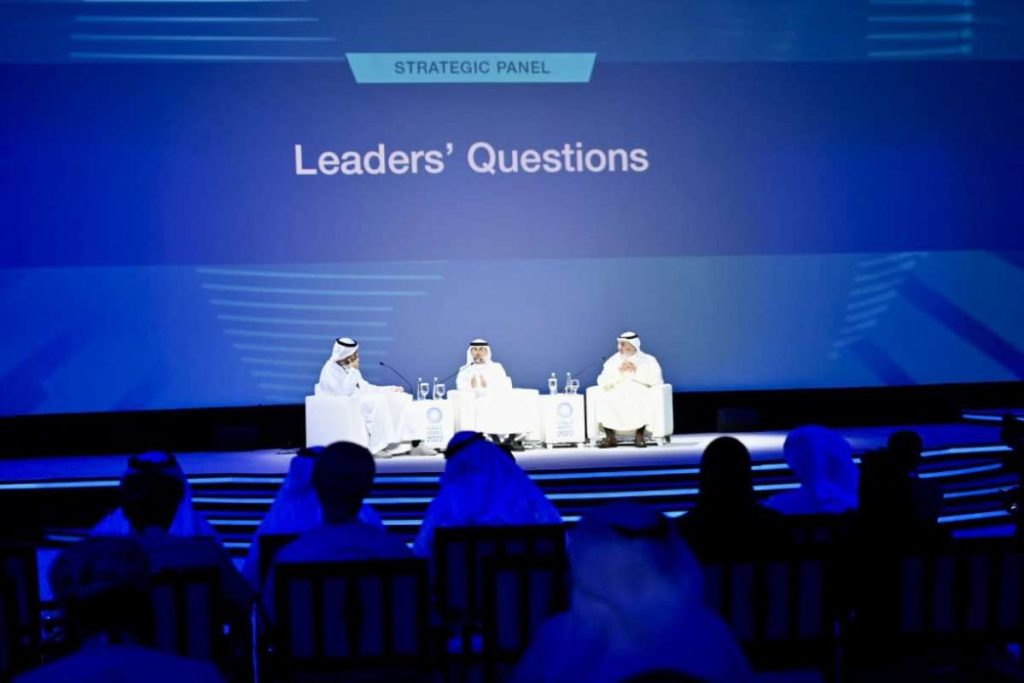
He noted that OPEC’s expectations also indicate that with population growth increasing by one billion and 900 million people, the demand for oil and energy will increase to fuel global economic growth. This could witness a growth in its annual gross product of between 2.5 percent and 3 percent, which will reflect in demand levels.
He pointed out that OPEC’s expectations also indicate an increase in energy demand by about 23 percent, from 300 million barrels equivalent to 350 million barrels equivalent in 2045. Meanwhile, oil demand levels will remain stable, and natural gas and renewable energy, are expected to rise within the overall energy mix in the future while the share of coal will decrease.
On ways of boosting investments in the oil sector, Al Ghais highlighted that investment delays are attributed to the sharp volatility in oil prices. He added that the role of OPEC and OPEC Plus consists of maintaining market stability.
Al Ghais stressed the importance of increasing investments in the oil sector, to avoid any future volatility in the oil markets.
On the OPEC’s International Energy Forum, which will be hosted by the organisation in July next year, the OPEC Secretary-General stated that the forum will be attended by ministers of the member states of the organisation, in addition to thousands of people concerned and interested in the energy sectors, companies, banks and analysts.
He noted that the forum will be devoted to discussing the energy transition from OPEC’s perspective.

